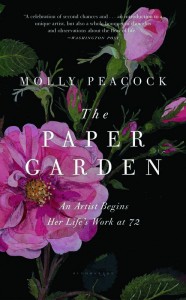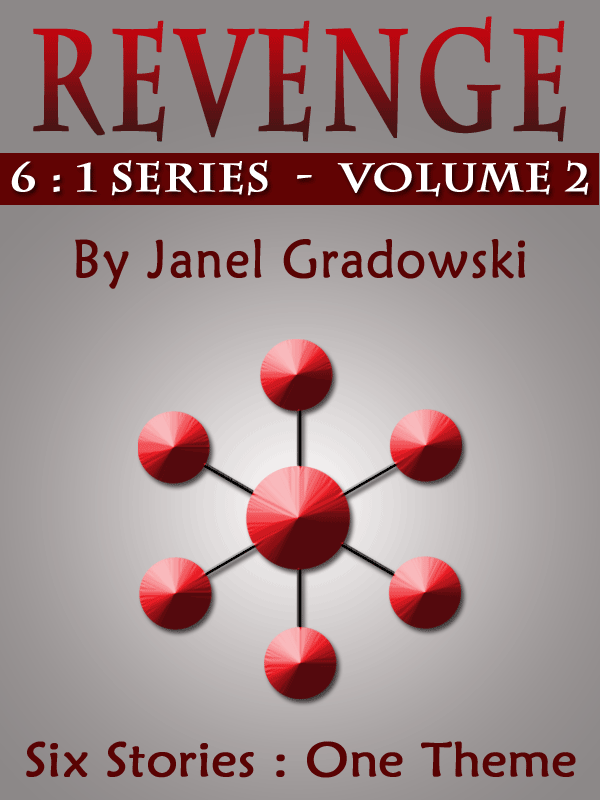
Agnes from “Persistent Foe” is the neighbor you wish you could be when you have loud, inconsiderate neighbors of your own. While she does not complain too much outright and doesn’t call the cops, she exacts her revenge little by little each day envisioning a big payoff in the end. And the ending of this one is inspired and unique. Gradowski does a great job of foreshadowing in this short story as well: “She plucked the invasive vine out the basket and dropped it into the tangle of weeds flourishing on the other side. ‘Time to join your ancestors.'” Readers will be sitting alongside Agnes as she watches the show unfold in her neighbors backyard one late evening.
“Kaboom” was the most predictable of the stories, but what made this one heart-pumping was the descriptions Gradowski uses as she tells the revenge yarn from the point of view of the perpetrator as she’s performing the act of revenge on her ex. Meanwhile, Josie’s revenge is only possible because of Erik’s pride in “Check Out.” Working as a grocery store check out clerk can be incredibly mundane and tiring, but there are moments in life when even that kind of job can be satisfying, especially when you exact revenge on a boy who ditches you across town. “Inconvenience” brings to the surface many of the emotions that swirled about following the financial crisis and the persistent unemployment born by much of the U.S. population in recent years. With bills to pay, should the “breadwinner” in the family swallow his pride and take any paying job to support the family, or should he hold out for a better position? The short story tackles this question and more, but the revenge exacted in this story will leave readers agape.
“Anniversary” is not the happy occasion you expect, but it twists the idea of a celebration into a revenge scenario that celebrates the ability to break free. Gary has some serious concerns about his wife and his boss, but being an accountant, he takes stock of the situation — its pros and cons — and comes up with the best solution for everyone. Bartender Amelia doesn’t have a clue how her luck is about to change when Gary walks into her bar. “Addendum” is one of the longer short stories in the collection, and Karen is a bit of an enigma given her risk averse mentality when it comes to guys and her reaction to her boyfriend Don’s cheating ways. In an apartment that has eyes and ears in the form of Mrs. Conway, its hard to keep secrets. “She was either a gossip super hero or had bugged everybody’s apartments with microphones and hidden cameras.” Living under a microscope must have added undue pressure on Karen. There is a great deal at work in this short story, and could be a precursor to something longer from Gradowski.
Revenge (6:1 Series, Volume 2) by Janel Gradowski is an even more well rounded collection of short stories and flash fiction pieces with characters that are dynamic and crafty. The characters she creates in this collection will have readers snickering and smirking as they are reminded of the revenge plots they’ve created when wronged by lovers, neighbors, and friends. Deliciously devilish, a joy to read.
Janel Gradowski grew up, and still lives, in the mitten of Michigan. She is a wife and mother whose writing companion is a crazy Golden Retriever named Cooper. In the past she has worked many jobs. Renting apartments, scorekeeping for a stock car racetrack and selling newspaper classified advertisements are some of the experiences that continue to provide inspiration for her stories. Now she writes short fiction and is also a beadwork designer and teacher.
Her work has appeared in many publications, both online and in print. The 6:1 Series features themed collections of her stories. Each volume will have six stories, a mix of flash and short fiction, that are based on the title’s theme. Visit her blog, Janel’s Jumble.
***And yes, for those keeping track, this is the third item I’ve read on my Kindle.


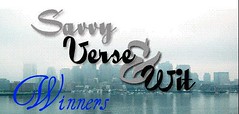
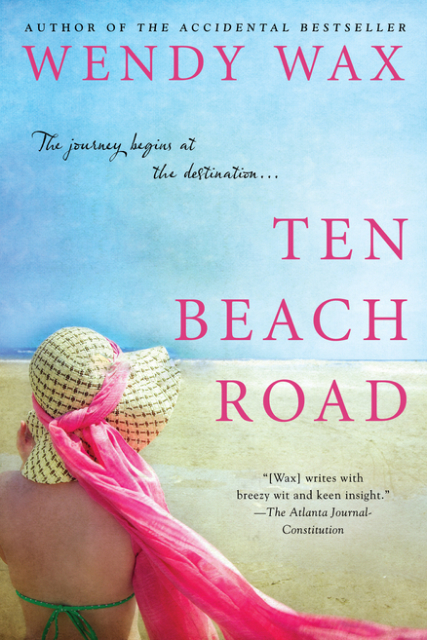



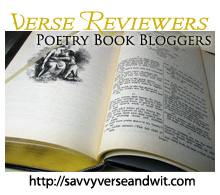
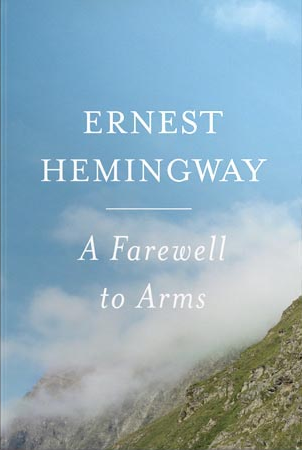 For the WWI Reading Challenge, we’re doing a group read of Ernest Hemingway’s A Farewell to Arms.
For the WWI Reading Challenge, we’re doing a group read of Ernest Hemingway’s A Farewell to Arms.



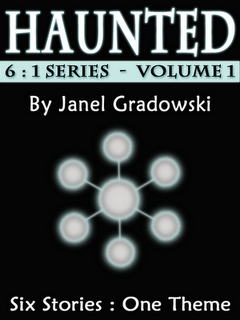 Haunted (6:1 Series, Volume 1) by
Haunted (6:1 Series, Volume 1) by  About the Author:
About the Author:

